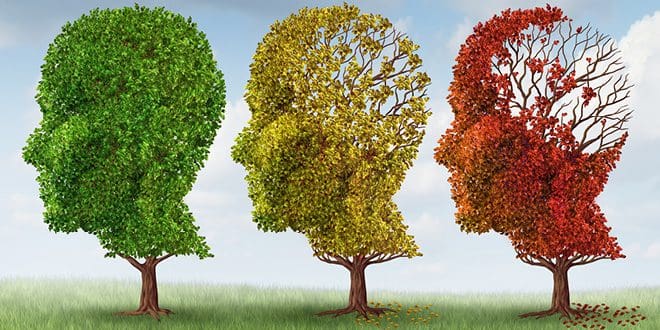The number of Australians living with dementia is forecast to double by 2030 (that’s only 14 years from now!). Today there are 234,000 Australians diagnosed with dementia and by 2030 it will increase to more than 465,000.
The number of carers, both paid carers and non-paid family members, will have to increase in size by 76 per cent on today’s levels if it is to meet the demand.
This surge in dementia is reflective of an ageing population and also earlier diagnosis.
The Access Economics report, commissioned by Alzheimer’s Australia, said the carer sector would need another 60,000 paid workers and 94,000 unpaid family members over the next 20 years.
Reform was needed to improve the conditions and training of paid carers, while new avenues of support should be extended to families of dementia sufferers.
Cheaper care options should also be made available, to avoid the current situation where many go without any care or must wait for a place in an aged-care facility.
If we only rely on the residential care sector we’re going to have a phenomenal amount of residential care beds by 2030 which is too expensive.
By 2050, the number of people living with dementia in Australia is predicted to top 730,000.
What can we do to stem the tide?
B Vitamins
Make sure you consume enough folic acid as this nutrient is vital for the brain to make neurotransmitters which keep your brain cells active. Folic acid is needed for a chemical process in the body called methylation which is the metabolic process needed to convert the protein homocysteine into a chemical called SAME which donates methyl groups to enable neurotransmitters to work.
Many people do not eat enough green foods and have suboptimal levels of folic acid in their body. You can have a blood test to check your levels of homocysteine and if they are too high you are at a higher risk of dementia. The best way to get folic acid is by eating green vegetables or juicing them. An excellent resource for juicing is found in Dr Cabot’s book, Raw Juices Can Save Your Life.
Another vitamin needed for methylation is vitamin B 12 also known as cobalamin and, whilst it is plentiful in animal products such as meat, poultry, eggs and dairy products, some folks cannot absorb vitamin B 12 from their gut. This is because they have an autoimmune disease known as pernicious anaemia, or intestinal inflammation such as gastritis or unhealthy bacteria in their gut. Antacid drugs such as proton pump inhibitors reduce absorption of B 12 from the gut and may cause a serious B 12 deficiency. It is easy to check your B 12 levels with a blood test. Serious B 12 deficiencies require regular injections of B 12 whilst less serious deficiencies can be treated with B 12 sprays or sublingual drops.
Cerebral Circulation
Look after the circulation of blood to the brain as it supplies your brain with oxygen. In many people over the age of 50, an MRI scan of the brain shows hardening of the arteries in the brain which means that the circulation of fresh blood to the brain cells is impaired. This can be reversed with the following –
- Control high blood pressure
- Stop eating excess sugar as this hardens the arteries more than anything
- Stop smoking
- Start exercising regularly
- Drink more water
- Take a supplement of vitamin K as this removes calcium from the arteries
- Take Vitamin C to improve health of blood vessels and eat plenty of citrus fruits
Feed your brain the right fats
The brain is largely made of fat, including phospholipids, cholesterol and omega 3 fats and requires a regular supply of these fats in the diet. Good sources of these fats include grass fed beef and lamb, grass fed liver, bone marrow, seeds (chia, hemp, flaxseeds), walnuts, seaweed, salmon and sardines. Avoid foods containing transfats from processed vegetable oils and processed foods as transfats damage the brain. Avoid deep fried foods as the fats are damaged through oxidation.
Use your brain
No matter how old you are try to keep learning new things to work your brain harder. The brain is like a muscle and if you don’t use it you lose it. Start new courses, such as craft, computer games or programs, learn to play an instrument, learn a new languages or a new sport. Choose a few hobbies that are exciting and spike your adrenalin as this promotes the flow of adrenalin which speeds up cognition. Dr Cabot took up aerobatics in her 60s which improved her reflexes and spatial orientation; it also spiked her adrenalin!
Think young and nurture your brain with these strategies and you will greatly reduce your risk of dementia of all varieties.
Find out more, read Dr Cabot’s book, Alzheimer’s – Protect your brain.









Leave A Comment